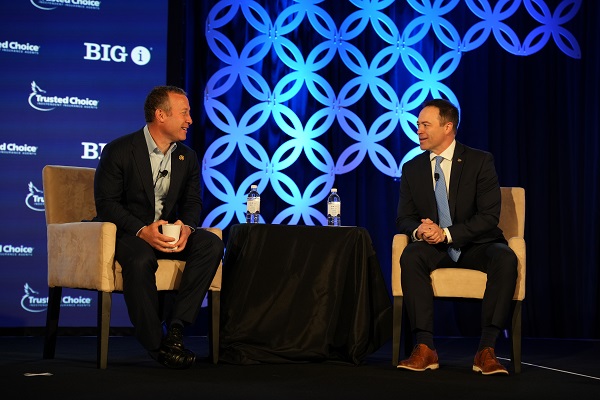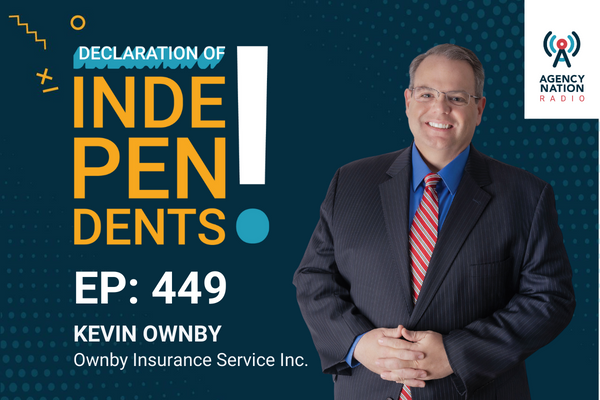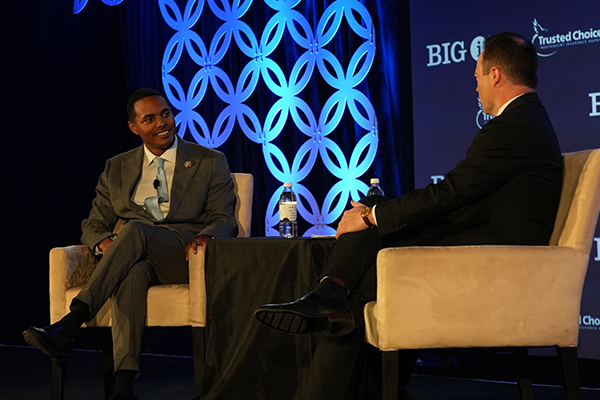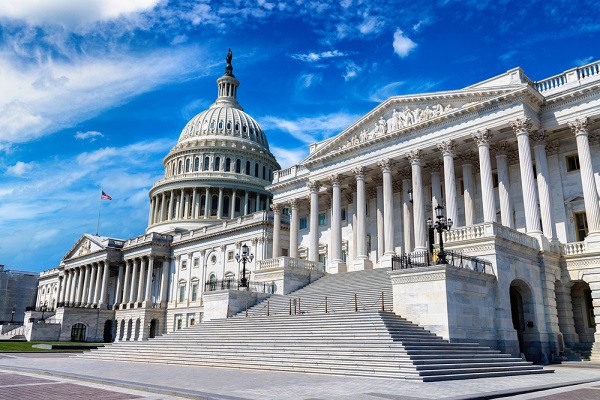Rep. Gottheimer Discusses 20% Tax Deduction and Bipartisan Solutions
Rep. Josh Gottheimer (D-New Jersey) spoke to Big “I” members to discuss the political climate on Capitol Hill, as well as progress on key Big “I” legislative priorities.

Rep. Josh Gottheimer (D-New Jersey) spoke to Big “I” members to discuss the political climate on Capitol Hill, as well as progress on key Big “I” legislative priorities.

Kevin Ownby, owner of Ownby Insurance Services Inc. in Sevierville, Tennessee, shares his journey into advocacy. This episode is sponsored by the Insurance Marketing and Communications Association (IMCA).

As your company grows, it’s important to understand that as you add employees, the employment regulations your company falls under change as well.

Rep. Ritchie Torres (D-New York), spoke to Big “I” members about the importance of civil discourse in politics, reaching across the aisle for the good of the country, and building and leveraging relationships.

The final rule issued by the U.S. Department of Labor (DOL) intends to clarify the standard for determining whether a worker is an employee or an independent contractor under the Fair Labor Standards Act (FLSA).

The bill will require the Government Accountability Office (GAO) to conduct a study on wildfire damage, the existing state of insurance coverage, possible government mitigation responses, and the challenges faced by private insurers.

Clyde & Co, a global law firm, predicts a sharp increase in AI-related cases, particularly class action lawsuits, in 2024 and beyond.

The act would prevent the Consumer Financial Protection Bureau from pursuing enforcement against any person regulated by a state insurance regulator.

The legislation would have banned the use of noncompete agreements and potentially other forms of employment contracts in the Empire State.

The Big “I” was successful in securing an exemption for independent agents from the act by showing that insurance producers already provide this beneficial ownership information to state regulators.
